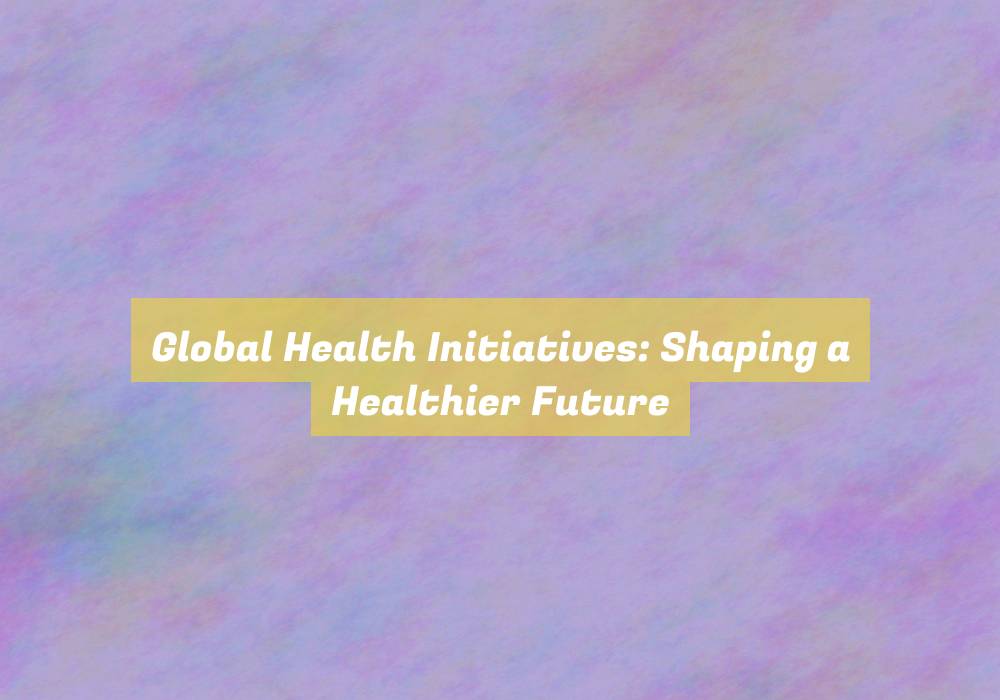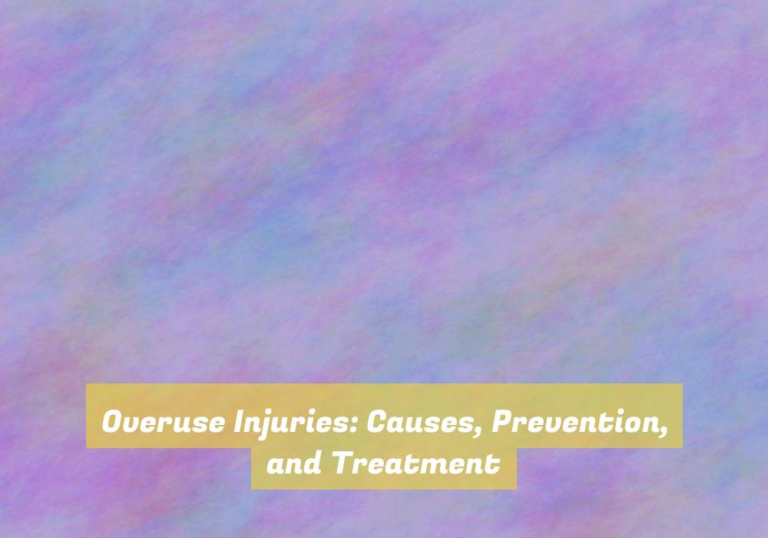Global Health Initiatives: Shaping a Healthier Future
Have you ever wondered how global health initiatives are truly shaping the future of healthcare worldwide? From battling infectious diseases to addressing the rising burden of non-communicable diseases, these initiatives have been instrumental in driving positive change.
But what exactly are the key challenges and priorities that global health initiatives are focusing on? And more importantly, what impact are they having on the lives of individuals and communities around the world?
Health Challenges and Priorities
Understanding the pressing health challenges and priorities is essential for creating effective global health initiatives.
As you delve into this topic, youG??ll see that key health challenges such as infectious diseases, maternal and child health, non-communicable diseases, and access to healthcare are at the forefront.
With infectious diseases, the focus is on preventing and controlling outbreaks of diseases like malaria, tuberculosis, and HIV/AIDS.
Additionally, maternal and child health remains a priority, aiming to reduce maternal mortality, improve access to prenatal care, and ensure children receive essential vaccinations.
Non-communicable diseases such as diabetes, cancer, and cardiovascular diseases also demand attention, requiring strategies for prevention and management.
Furthermore, ensuring universal access to healthcare services, medicines, and vaccines is crucial. This involves addressing barriers such as affordability, availability, and quality of healthcare.
Access to Essential Healthcare Services
Accessing essential healthcare services is vital for maintaining overall well-being and preventing avoidable health complications. Whether itG??s routine check-ups, vaccinations, or timely treatment for illnesses, having access to necessary healthcare services is crucial for staying healthy.
However, many people around the world still face barriers when trying to obtain these essential services. These barriers can include financial constraints, lack of healthcare facilities in remote areas, or even cultural and social stigmas that deter individuals from seeking care.
In some regions, the cost of healthcare services can be prohibitive, causing individuals to forgo necessary treatments or medications. This can lead to exacerbated health issues and increased burden on healthcare systems when conditions become more severe. Additionally, in rural or underserved areas, the physical distance to healthcare facilities can pose a significant challenge for individuals in need of medical attention.
Efforts to improve access to essential healthcare services include initiatives to provide financial assistance, expand healthcare infrastructure, and promote health education to overcome cultural and social barriers. By addressing these challenges, more individuals can receive the care they need, leading to healthier and more resilient communities.
Disease Management and Prevention
To effectively manage and prevent diseases, itG??s essential to adopt proactive healthcare practices and prioritize preventive measures. Regular health check-ups, vaccinations, and lifestyle modifications play a crucial role in disease management and prevention. By scheduling routine screenings for conditions such as hypertension, diabetes, and certain cancers, you can detect potential health issues early and take necessary steps to address them.
Vaccinations are another cornerstone of disease prevention, safeguarding you against various infectious diseases. Embracing a healthy lifestyle through balanced nutrition, regular exercise, and stress management not only strengthens your immune system but also reduces the risk of chronic illnesses.
Furthermore, staying informed about disease symptoms and risk factors empowers you to make informed decisions about your health. Understanding the importance of hygiene and sanitation also contributes significantly to disease prevention. Simple practices such as proper handwashing and food safety measures can substantially reduce the spread of infectious diseases.
Healthcare Infrastructure Development
As you prioritize disease management and prevention through proactive healthcare practices, the development of robust healthcare infrastructure becomes increasingly imperative for ensuring accessible and efficient medical services.
Adequate healthcare infrastructure encompasses a network of well-equipped hospitals, clinics, laboratories, and medical personnel, all of which play a critical role in delivering quality care to communities.
In many regions, especially in low- and middle-income countries, thereG??s a pressing need to strengthen healthcare infrastructure to address the healthcare disparities and improve overall health outcomes. This involves not only constructing new facilities but also upgrading existing ones with modern medical equipment and technology.
Furthermore, investing in the training and retention of healthcare professionals is vital for sustaining a competent workforce to meet the healthcare needs of the population.
Additionally, the establishment of efficient referral systems and the integration of telemedicine can enhance the reach and effectiveness of healthcare services, particularly in remote or underserved areas.
Prioritizing healthcare infrastructure development is fundamental for building resilient health systems capable of responding to evolving public health challenges and ensuring equitable access to healthcare for all.
Conclusion
In conclusion, global health initiatives are essential for shaping a healthier future for everyone.
By addressing health challenges and priorities, improving access to essential healthcare services, managing and preventing diseases, and developing healthcare infrastructure, we can work towards a world where everyone has the opportunity to lead a healthy and fulfilling life.
ItG??s a collective effort that requires collaboration and commitment from individuals, organizations, and governments around the world.
Together, we can make a real difference in global health.







You’ve raised some really compelling points about the scope and impact of global health initiatives. It’s fascinating to see how they not only tackle infectious diseases but also address the rising prevalence of non-communicable diseases (NCDs), which often get less attention despite their growing significance. As we’ve seen in recent years, the interplay between infectious diseases and NCDs like diabetes or heart disease can complicate health outcomes, especially for vulnerable populations.
You’ve touched on an important aspect of global health that often gets sidelined. The rising prevalence of non-communicable diseases (NCDs) is indeed a pressing concern, and the connection between NCDs and infectious diseases can create a perfect storm for healthcare systems, especially for vulnerable communities.
You’ve hit on something super important. The rise of non-communicable diseases (NCDs) really does change the game when we think about global health. It’s interesting how these conditions, often linked to lifestyle choices, are creeping into conversations that used to focus mainly on infectious diseases.